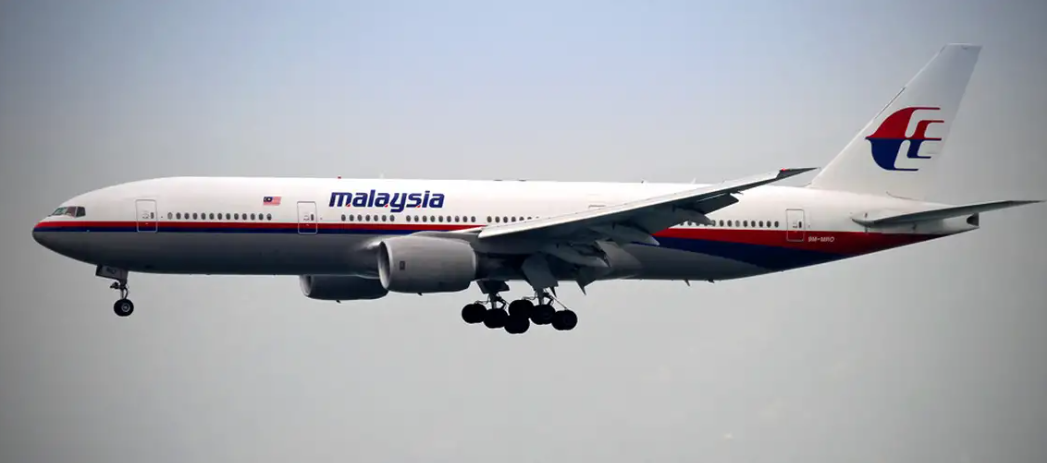State proposes mandatory inspections for vehicles older than four years in new rules

According to the ministry, the proposed Traffic (Motor Vehicle Inspection) Rules, 2025, are anchored in section 119 (g) of the Traffic Act. They aim to establish a structured legal framework for inspecting vehicles to promote roadworthiness, reduce emissions and enhance road safety.
Vehicles older than four years, as well as all public service, school and commercial vehicles, will soon be subjected to compulsory inspection if new traffic rules proposed by the government are adopted.
In a Gazette Notice dated June 18, 2025, Roads and Transport Cabinet Secretary Davis Chirchir notified the public that regulatory impact statements for four proposed sets of traffic rules and regulations have been prepared under the Statutory Instruments Act.
More To Read
- NTSA revives alcoblow, night patrols, mobile courts to curb road accidents during festive season
- Omtatah pushes Senate to act on road safety as deaths surge past 4,000
- Cab fares to rise as government revises digital taxi rates to cushion drivers
- Senate summons CS Chirchir over 13-year road functions deadlock
- Kenya to raise Sh390 billion bond for Naivasha–Malaba SGR extension
- Ngong Road users warned of daily diversions near Junction Mall until December 10
According to the ministry, the proposed Traffic (Motor Vehicle Inspection) Rules, 2025, are anchored in section 119 (g) of the Traffic Act. They aim to establish a structured legal framework for inspecting vehicles to promote roadworthiness, reduce emissions and enhance road safety.
The rules would introduce mandatory inspections for vehicles over four years old and all commercial, school, and public service vehicles. They would also cover inspections before registration, after accidents and during changes in vehicle particulars.
“Salvage vehicles would be classified and regulated with specific inspection and re-registration procedures,” reads the notice.
In addition, the rules seek to establish standards for issuing inspection stickers, provide for the licensing and regulation of private testing centres and inspectors, and introduce penalties and enforcement measures for non-compliance.
The government is also seeking to overhaul school transport operations through the Traffic (School Transport) Rules, 2025, developed under sections 105B (3) and 119 (p) of the Traffic Act. The rules aim to ensure the professional and safe transportation of schoolchildren by introducing a licensing framework for school transport providers and vehicles.
Chirchir has proposed that all school vehicles be equipped with seat belts, fire extinguishers and telematics systems as part of new minimum safety requirements.
Drivers and attendants will also be required to meet specific qualification standards, with their conduct and responsibilities, alongside those of crossing guards, strictly regulated.
The proposed rules set clear operational protocols, including designated operating hours and boarding procedures, and prohibit the use of school transport vehicles for private errands unless a temporary licence is issued.
In addition, the regulations introduce standards for signage, colour coding, and marking of school vehicles, while outlining offences, penalties for non-compliance, and an appeal process for affected parties.
“Prescribe standards for signage, colour coding and marking of school vehicles and introduce offences and penalties for non-compliance alongside an appeal mechanism,” reads the notice.
To curb the rising cases of driving under the influence, the Traffic (Drink Driving) Rules, 2025, have also been proposed under section 109 (1)(na) of the Traffic Act. The new rules would strengthen enforcement and punishment mechanisms for intoxicated driving by prescribing legal alcohol limits for drivers and prohibiting the operation of motor vehicles beyond those thresholds.
The rules provide for alcohol testing using approved breathalysers as well as blood and urine samples. Procedures for conducting tests, handling specimens, and the admissibility of test results in court have also been outlined.
Chirchir has proposed that drivers who refuse to submit specimens when requested by police would face consequences. Additionally, repeat offenders would be subjected to a graduated penalty regime, including suspension or revocation of their licences.
Additionally, the National Transport and Safety (Operation of Commercial Vehicles) Regulations, 2025, have been developed under section 54 of the National Transport and Safety Authority (NTSA) Act. These are designed to improve regulation, licensing and operational standards in the commercial transport sector.
Commercial vehicle owners, operators and drivers will be subjected to a licensing process, while the vehicles themselves must meet specific safety and compliance obligations.
Standards for equipment such as speed governors, telematics, and underride protection devices have been proposed. The rules would also regulate driver behaviour, limit working hours, and require safety training.
Cargo handling, parking, breakdowns and accident reporting procedures have also been outlined. NTSA will be empowered to conduct safety audits and tow stalled vehicles, while penalties for non-compliance, including suspension and revocation of licences, will be introduced. An appeals and record-keeping framework has also been proposed.
“The Regulatory Impact Statements and proposed instruments are available on the Ministry’s website and the NTSA website. Hard copies may also be requested through the Ministry’s email address during normal working hours,” Chirchir said.
Members of the public and any stakeholders likely to be affected by the proposed regulations have been invited to submit written memoranda within 14 days of the notice’s publication.
Submissions can be addressed to the Principal Secretary, State Department for Transport, Ministry of Roads and Transport, Transcom House, Ngong Road, P.O. Box 52692–00200, Nairobi, or via email at [email protected] and [email protected].
Top Stories Today











































